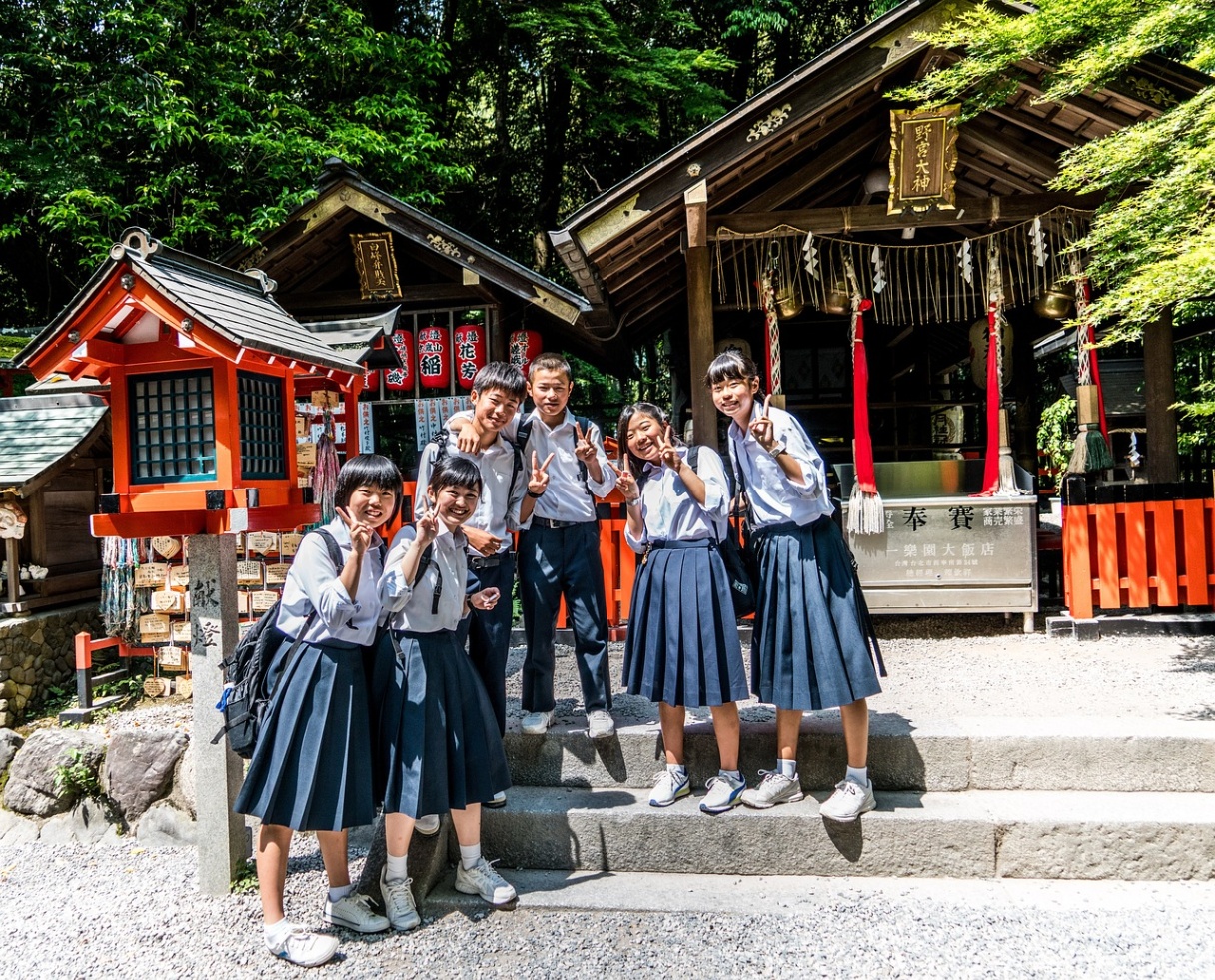Traveling the world offers a breathtaking array of experiences, from the vibrant streets of Tokyo to the serene villages of Peru.
To fully appreciate the richness of these adventures, it's vital to understand and embrace different cultures around the world.
In this article, we'll emphasize the significance of cultural awareness before you set out on your next journey, guaranteeing that your travels are memorable and enlightening.
Why Understanding Different Cultures Matters
Cultural awareness is the compass that guides a traveler through the maze of global diversity. Here's why it matters:
- Navigates local cuisine with confidence
- Respects sacred sites and customs
- Adapts to local etiquette gracefully
- Appreciates art and traditions authentically
- Unlocks hidden gems off the tourist path
- Experiences festivals and celebrations firsthand
- Gains insight into local history and heritage
- Ensures a warm welcome wherever you go
- Builds a deeper appreciation for diversity
- Creates lifelong memories with locals

Researching Cultures
Preparing for travel often involves more than just packing your bags. Understanding different cultures before you go can significantly enhance your experience. Here are three key ways to achieve this:
Online Resources:
- Use travel blogs, forums, and cultural websites for practical insights.
- Watch artistic videos on platforms like YouTube.
- Learn basic phrases with language learning apps.
Books and Documentaries:
- Consult travel guides and cultural books for in-depth knowledge.
- Watch documentaries and films related to your destination.
Language Learning Tools:
- Use language apps and online courses to learn key phrases.
- Connect with native speakers through language exchange apps.
These resources will help you gain valuable cultural insights before your trip.
Cultural Etiquette
Cultural etiquette is crucial when traveling to different parts of the world. Here's a concise guide to greetings, dress codes, and dining customs:
Greetings and Gestures:
- Adapt greetings to local customs.
- Be cautious with hand gestures' meanings.
Dress Code and Modesty:
- Dress as per local norms.
- Respect modesty in attire.
Dining Customs:
- Follow local table manners.
- Learn tipping norms when dining out.

Unique Cultural Traditions
Cultural traditions enrich our understanding of the world's diversity. Here are some fascinating examples:
Festivals and Celebrations:
- Diverse Festivals: Different cultures worldwide host various festivals and celebrations, each with customs and significance.
- Examples: Explore events like Chinese New Year, Mexican Day of the Dead, or the Rio Carnival to witness the richness of cultural celebrations.
Beliefs and Superstitions:
- Cultural Beliefs: Understanding the beliefs and superstitions of a culture can offer insights into its values and practices.
- Examples: Discover the significance of charms, like the Turkish Nazar, or rituals like breaking a mirror in Western superstitions.
Art and Music:
- Expressive Arts: Art and music are often deeply embedded in cultural traditions, reflecting a society's history, emotions, and stories.
- Examples: Explore traditional art forms like Japanese Ikebana or the storytelling aspects of Native American drum circles.
These unique cultural traditions provide a window into the diverse and rich tapestry of our world's cultures.
Language Basics
Mastering language basics is a critical element of the traveler's toolkit. Here's a concise guide to essential language skills for a more immersive and enjoyable journey:
Common Phrases and Greetings:
- Learn greetings, thank you, and fundamental questions.
- Master numbers, time, and directions.
- Familiarize yourself with polite expressions.
Importance of Learning Local Language:
- Build cultural respect and connection.
- Facilitate smoother interactions with locals.
- Gain a deeper understanding of the destination's culture and history.
Language Apps and Resources:
- Utilize language learning apps like Duolingo, Memrise, or Babbel.
- Access online courses and podcasts tailored to your destination.
- Connect with native speakers through language exchange platforms.
Traveling Responsibly
Traveling responsibly is vital for preserving our world's beauty and culture. Here's a concise guide on how to make mindful choices while exploring the globe:
Sustainable and Respectful Tourism:
- Minimize your environmental impact.
- Respect local customs and traditions.
- Support businesses committed to sustainability.
Local Customs and Environmental Awareness:
- Be aware of and sensitive to local customs and cultural norms.
- Respect wildlife and natural habitats.
- Dispose of waste properly and recycle when possible.
Supporting Local Economies:
- Buy from local markets and artisans.
- Stay in locally-owned accommodations.
- Contribute positively to the local economy.
Reducing Single-Use Plastics:
- Carry a reusable water bottle.
- Use cloth bags for shopping.
- Avoid single-use plastic items.
Energy and Resource Conservation:
- Conserve water and energy.
- Choose eco-friendly transportation options.
- Turn off lights and appliances when not in use.
Packing Tips for Cultural Respect
Packing with cultural respect is essential for a harmonious and respectful travel experience. Here are ten packing tips to ensure you're culturally sensitive on your journey:
- Modest Clothing: Pack clothing that respects local dress codes and customs, especially in conservative regions.
- Scarf or Shawl: Carry a lightweight scarf or shawl for covering your shoulders or head when entering religious or sacred places.
- Comfortable Walking Shoes: Choose comfortable and closed-toe shoes for exploring diverse terrains and urban streets.
- Appropriate Swimwear: Bring modest swimwear for beaches or pools in cultures where revealing swimwear is not common.
- Language Phrasebook: Pack a pocket-sized phrasebook to help with essential communication in the local language.
- Electrical Adapters: Research and bring the appropriate electrical adapters for your destination to ensure your devices work.
- Reusable Water Bottle: Carry a reusable water bottle to reduce plastic waste and stay hydrated while traveling.
- Prescription Medications: Bring enough prescription medications for your trip and carry copies of your prescriptions.
- Respectful Accessories: Avoid wearing offensive or culturally inappropriate accessories that may disrespect local beliefs.
- Local Currency: Carry some local currency for small purchases and emergencies, as some places may not accept cards.
These packing tips will help you navigate different cultures respectfully and sensitively during your travels.
Wrapping Up: The Importance of Cultural Awareness in Travel
Before embarking on your next journey to explore different cultures worldwide, remember that cultural awareness is the key to a more enriching travel experience.
It helps you avoid misunderstandings and fosters genuine connections with locals. Embracing diversity and respecting traditions are essential aspects of responsible and rewarding travel.
So, be prepared, be respectful, and savor every moment of your global exploration.







